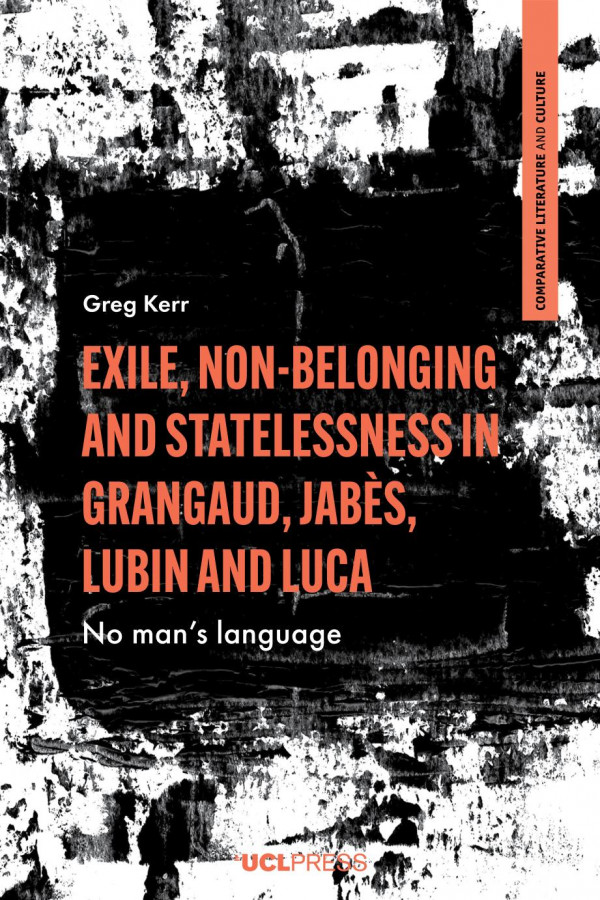

Most ebook files are in PDF format, so you can easily read them using various software such as Foxit Reader or directly on the Google Chrome browser.
Some ebook files are released by publishers in other formats such as .awz, .mobi, .epub, .fb2, etc. You may need to install specific software to read these formats on mobile/PC, such as Calibre.
Please read the tutorial at this link: https://ebookbell.com/faq
We offer FREE conversion to the popular formats you request; however, this may take some time. Therefore, right after payment, please email us, and we will try to provide the service as quickly as possible.
For some exceptional file formats or broken links (if any), please refrain from opening any disputes. Instead, email us first, and we will try to assist within a maximum of 6 hours.
EbookBell Team

0.0
0 reviewsAt least since the Romantic era, poetry has often been understood as a powerful vector of collective belonging. The idea that certain poets are emblematic of a national culture is one of the chief means by which literature historicizes itself, inscribes itself in a shared cultural past and supplies modes of belonging to those who consume it. But what, then, of the exiled, migrant or translingual poet? How might writing in a language other than one’s mother tongue complicate this picture of the relation between poet, language and literary system? What of those for whom the practice of poetry is inseparable from a sense of restlessness or unease, suggesting a condition of not being at home in any one language, even that of their mother tongue?
These questions are crucial for four French-language poets whose work is the focus of this study: Armen Lubin (1903-74), Ghérasim Luca (1913-94), Edmond Jabès (1912-91) and Michelle Grangaud (1941-). Ranging across borders within and beyond the Francosphere – from Algeria to Armenia, to Egypt, to Romania – this book shows how a poetic practice inflected by exile, statelessness or non-belonging has the potential to disrupt long-held assumptions of the relation between subjects, the language they use and the place from which they speak.